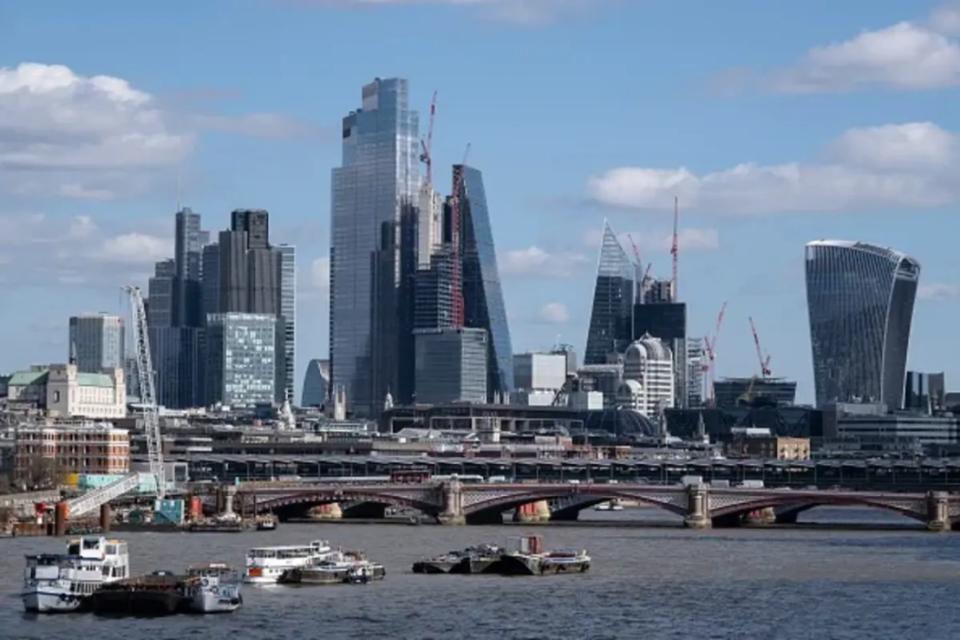UK company interest payments skyrocket as rate hikes eat into profits

UK company interest costs have skyrocketed almost 30 per cent as higher interest rates and rising debt eat into the profits of British businesses.
The amount the world’s companies spent in total on interest payments surged by 24.4 per cent last year, rising $89bn (£70bn), the Janus Henderson Global Corporate Debt Index revealed.
Even as UK companies saw their net debts rise just 3.2 per cent last year, slower than the global rate of 4.9 per cent, interest payments have skyrocketed nearly 30 per cent across the country thanks to higher interest rates from the Bank of England.
Total UK company net debts now sit at $484bn (£382.5bn), with mining companies like Glencore contributing to the increase most due to borrowing large amounts to fund dividends and share buybacks as revenue fell.
High numbers of acquisitions, share buybacks and rising dividends triggered higher borrowing for companies throughout the country, though Vodafone, Britain’s most indebted company, managed to reduce its net borrowing by selling assets.
Takeovers drove half the increase in borrowing globally as big deals in the pharmaceutical sector accounted for almost a third of the rise, including Pfizer’s purchase of Seagen.
As total global corporate profitability, excluding financial firms, fell 7.7 per cent, sharp drops in energy prices and the mining sector left the UK most exposed to the declines, leading to higher debts and much higher interest payments.
Janus Henderson predicted that borrowing levels will continue to rise this year, but at a much slower pace, by 2.5 per cent to a record $8.4 trillion (£6.6 trillion).
Tim Winstone, portfolio manager at Janus Henderson, said: “In the bond markets, we feel that spreads have narrowed too far for riskier borrowers, for long maturities and for USD corporate bonds, in particular. We prefer to focus on investment grade companies, especially in regions like Europe where spreads are more attractive.
“We also favour non-cyclical industries at present, because companies in highly cyclical industries, like mining, are enjoying unjustifiably narrow spreads given the higher risk to their earnings.”
“We are optimistic for the year ahead. Economies have weathered higher rates well and seem to be landing relatively softly. As the rate cycle finally turns downwards, bonds will perform well as yields fall, driving capital returns for investors.”

 Yahoo Finance
Yahoo Finance 